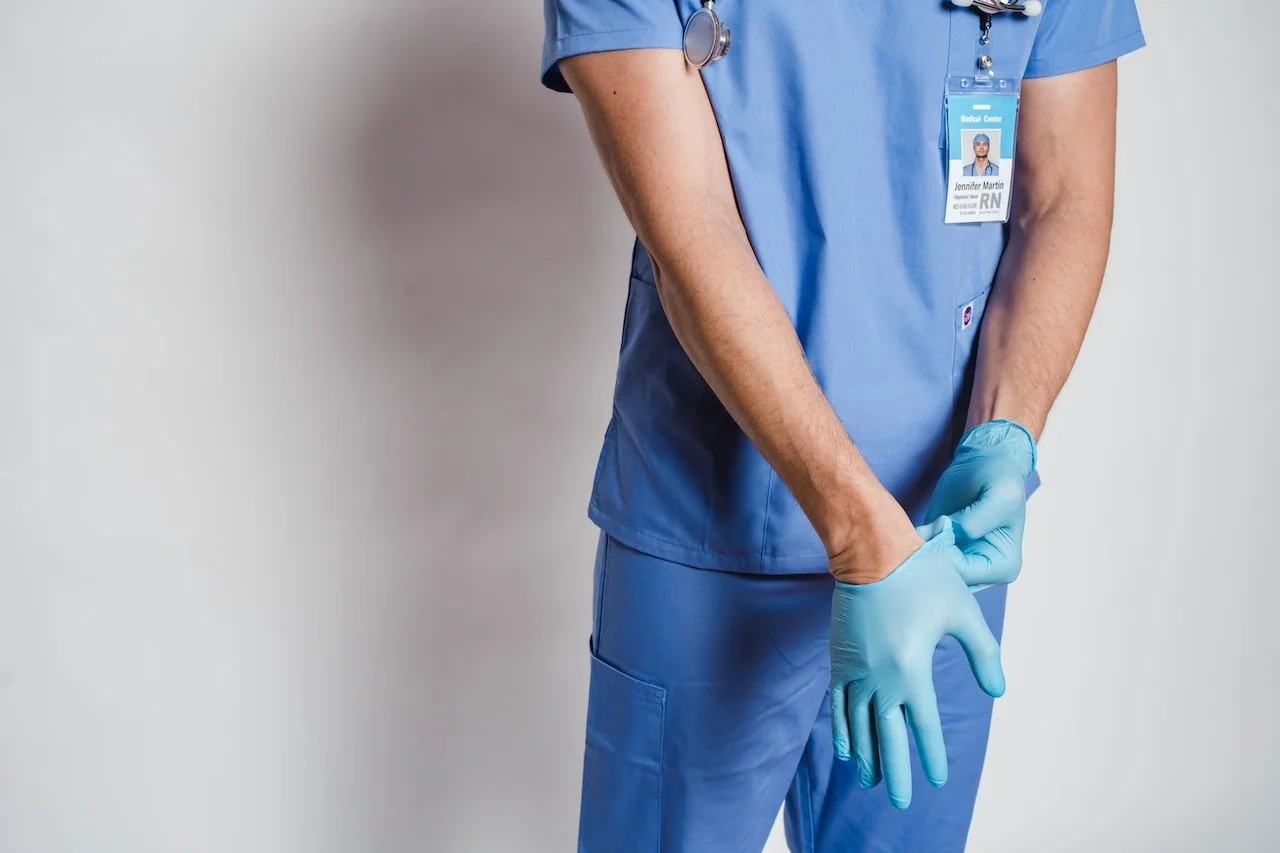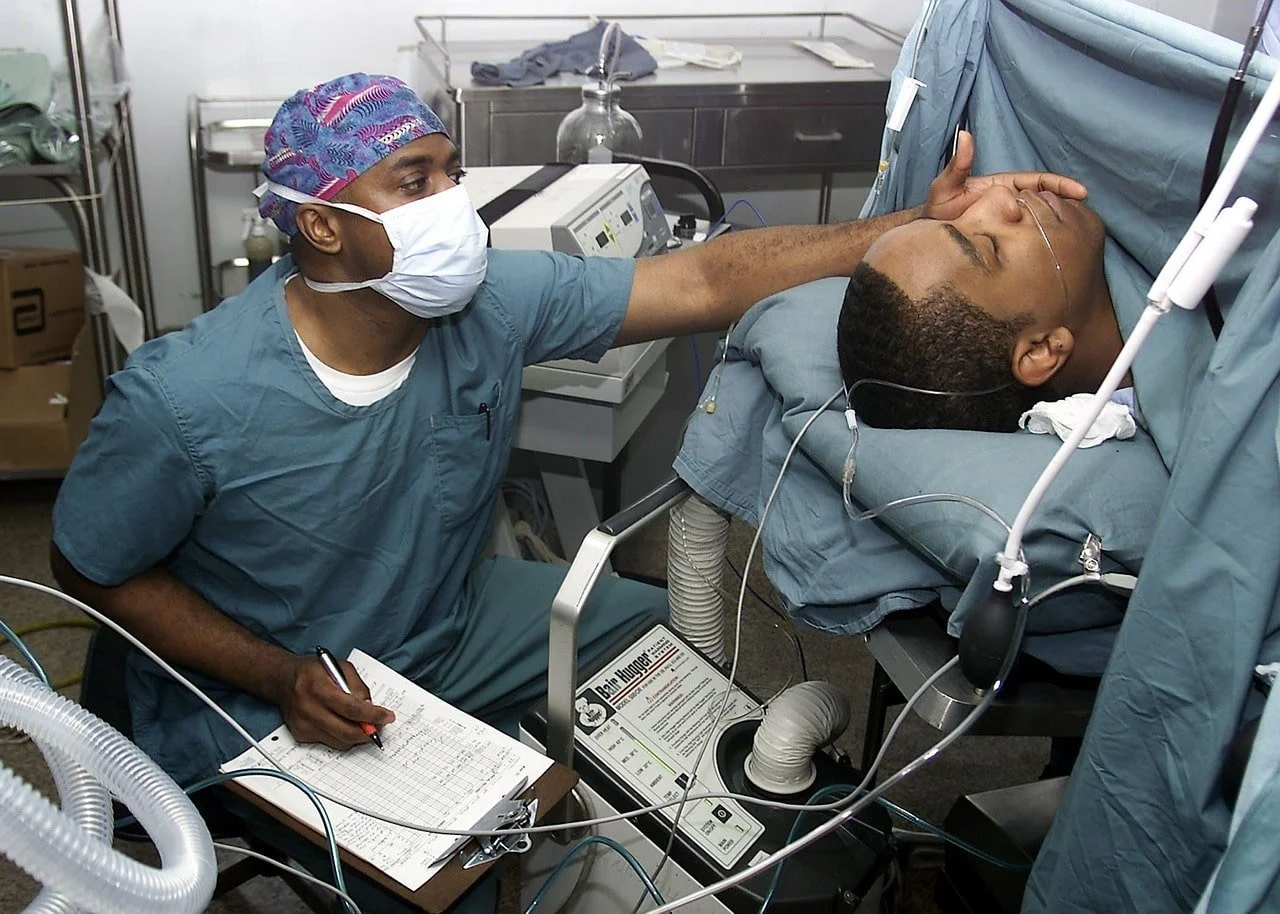Should I take a gap year before starting PA school?
Choosing to take a gap year really depends on where you’re at in your own individual pre-PA journey! Gap year(s) are time taken off between undergrad and graduate school. They are great for pre-PA students who need extra time to gain patient care hours, shadow more PAs, finish up their personal statement, and take extra classes to raise their GPA or fulfill prerequisite requirements. Taking a gap year can take some of the pressure off of the process. Personally, this is how I felt!
Whether you need to take a gap year, or you choose to take one, extra time to polish and perfect your application can never be a bad thing! During this time, you can also save up for all the expenses that come with applying to PA programs. Many PA program supplemental questions included, “Please explain any gaps of greater than one year on your current resume.” This is a great time to explain what you did in the time you took off and how you’ve grown. I do not suggest taking time off and not working, not volunteering, and basically doing nothing to make your application more competitive. This will not look good to PA admissions committees. You should have something positive to show for the year(s) you took off! This is one of the ways you can get into PA school.
If you are lacking in the patient care experience (PCE) department, use a gap year to strengthen this. Patient care experience and hours are important to PA program admission committees. The Physician Assistant Education Association, PAEA, conducted a matriculating student survey asking incoming PA students about their previous experience working in a healthcare field. 85% of matriculating student who responded to this survey fell into one of the following 4 prior health care employment categories:
1. Nursing assistant
2. Medical assistant
3. Scribe
4. EMT/Paramedic
Three out of these four positions typically require a certification. Time taken off during a gap year can be used to get certified for these jobs! Most certified nursing assistant programs take four to twelve weeks to complete. Most certified medical assistant programs take between nine and twenty four months, depending on whether you go for a certificate/diploma or an associate degree. EMT certification usually takes six months to two years. Do research and find a program that’s right for you!
The one position out of those four that does not require prior certification is being a scribe. Scribe positions are accepted as PCE on a program-to-program basis, so check the websites of the programs you will be applying to and reach out for clarification if necessary! PCE is important because it shows programs that you have experience working around patients, as well as many types of providers, and are familiar with the environment. In order for your experience to be considered PCE, you usually need to be responsible for the well-being of the patient in some way.
If patient care experience is a strength of yours, but your GPA is low, consider taking additional courses or completing a post baccalaureate program. Post baccalaureate programs, also known as post-bacc programs, are continuing education programs composed of classes related to the field you’re interested in. As a pre-PA student, you’ll want to apply to science based programs. Post-bacc programs are helpful for people making a career change to PA or those who did not anticipate wanting to apply to PA school during undergrad and need to complete the necessary prerequisites.
A post-bacc program is a great option if your GPA is low because it’ll give you the chance to raise your cumulative GPA, along with your science GPA. Completing more difficult post-bacc courses can show admissions departments that you can be a successful student in a PA program and that you’re ready to handle the rigorous coursework ahead! If your GPA is low because of mistakes you made as a freshman or sophomore in undergrad, a post-bacc program can highlight your growth as a student since then. Your post-bacc GPA will be averaged into your already existing cumulative GPA and science GPA. If courses taken in a post-bacc program are repeat courses from your previous coursework, both grades will be calculated into the GPA.
Some post-bacc programs are directly connected to PA schools and will automatically offer you an interview if you complete the post-bacc program. This is a fairly expensive way to raise your GPA, though. If you don’t think this path is for you, consider making your own “post-bacc program” by enrolling in a few local community college classes or online courses. It will cost less to do this than to be enrolled in an official program. There are also post-bacc programs that offer degrees, such as Master of Science in Biomedical Science, Medical Sciences, Nutrition, Neuroscience, Public Health, etc.
Aside from taking additional courses and gaining patient care experience hours, consider volunteering around your community. Having volunteer hours is definitely beneficial for your PA school application. Although community service is not usually a requirement, it can show admissions committees your dedication to helping others. Volunteering at your local hospital will provide you with volunteer experience and may help you network with healthcare providers, leading to connections to PAs and possible shadowing opportunities!
There are also other ways to volunteer around your community that can express your passion for helping others. Aside from medically-related volunteering, seek out opportunities that are important to you. If you love animals, go volunteer at a local animal shelter a few hours every other weekend. If you love to play sports, look for local opportunities to get involved in coaching for a children’s sports team. Other great opportunities include volunteering at local nursing homes, soup kitchens, and food pantries, and with national organizations such as Best Buddies, YMCA, Habitat for Humanity, and American Red Cross. The possibilities are endless! In your personal statement and during interviews, you can expand on these experiences and “show not tell” the admissions committees more about your character and personality.
Your application can always be strengthened! So, if you are taking time off between undergraduate school and PA school, use it wisely to make your application the best it can be!














Let’s dive into the specific surgical procedures that PAs can undertake while highlighting their collaborative nature within operating rooms. By shedding light on both the benefits and limitations associated with PAs in surgical settings, we hope to foster a deeper appreciation for their invaluable contribution to modern healthcare.